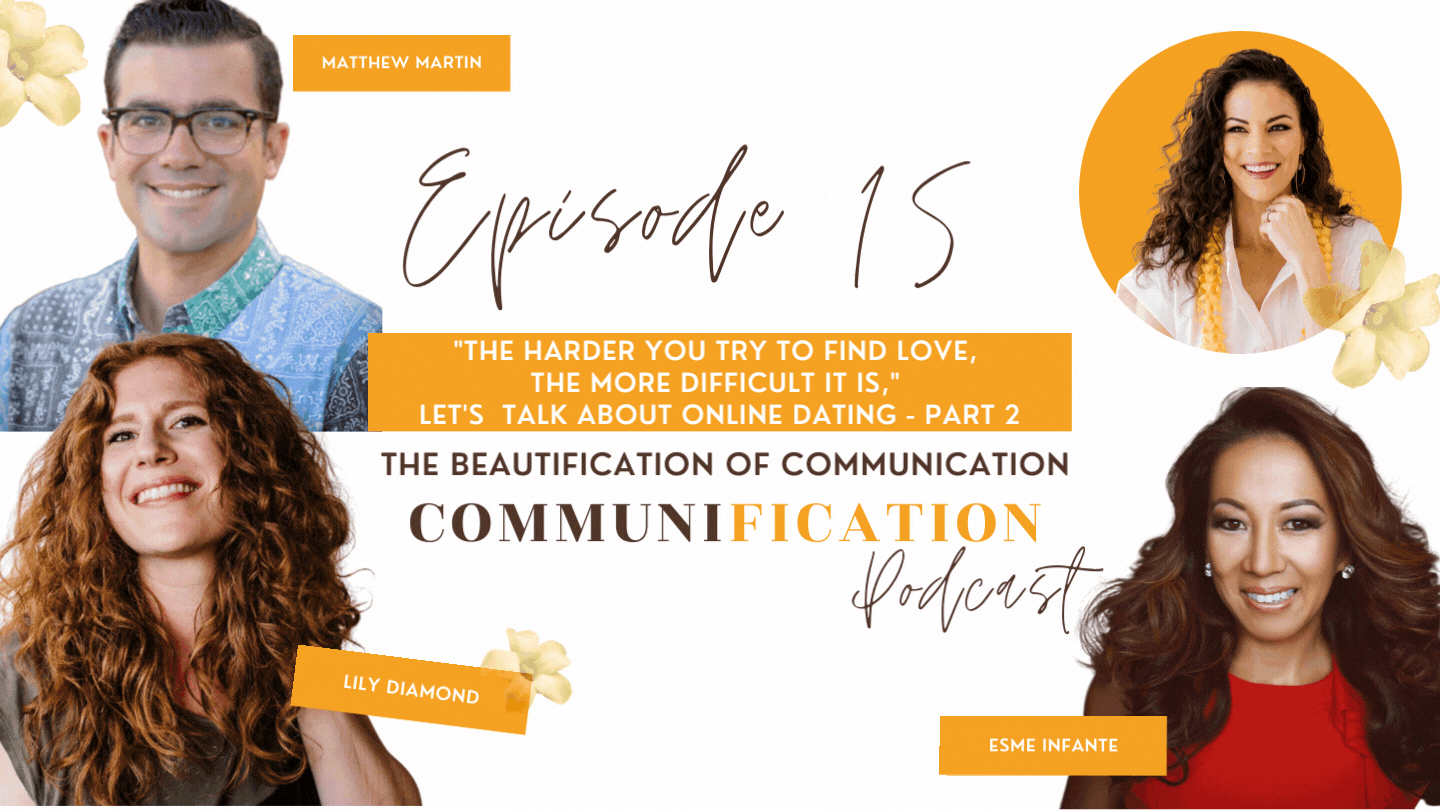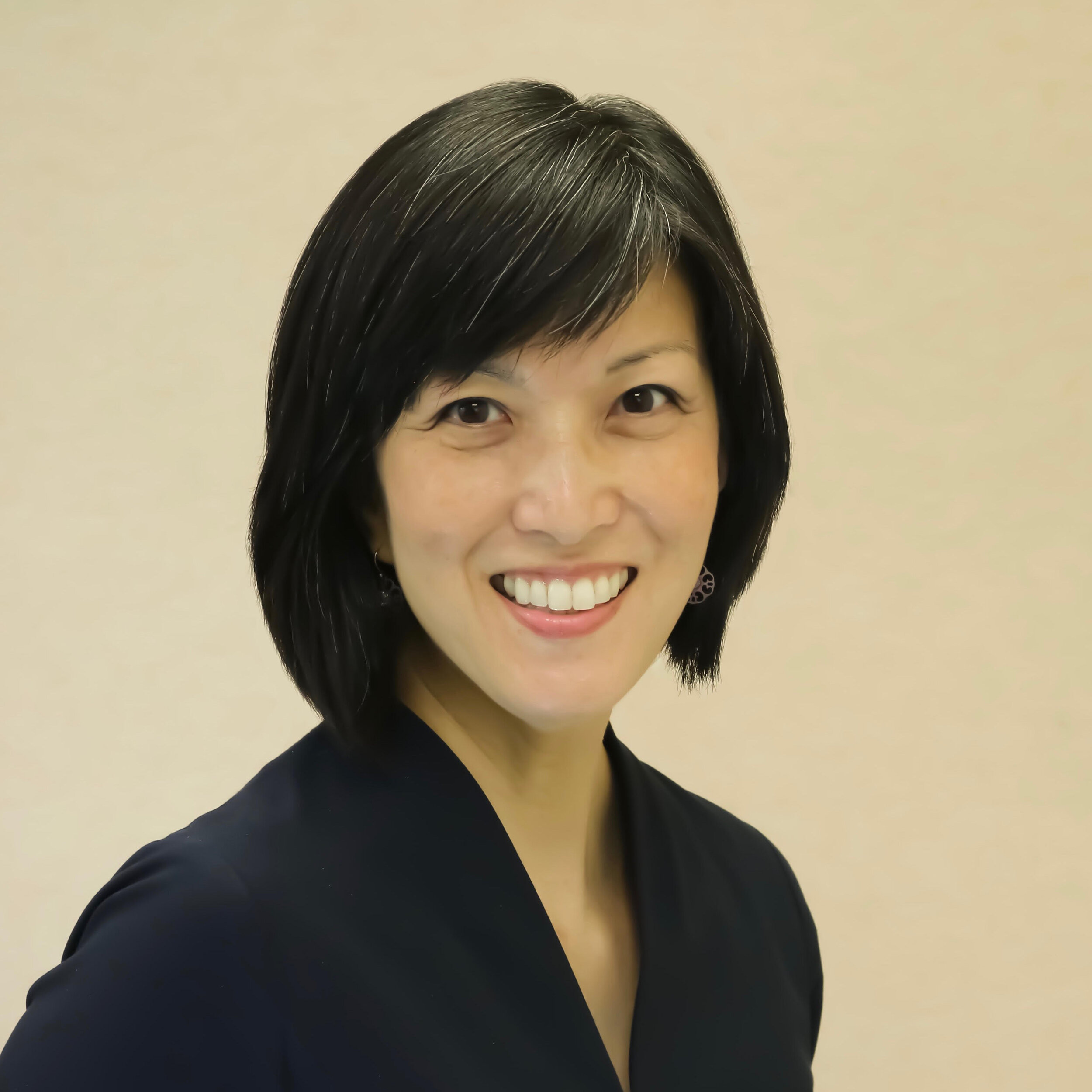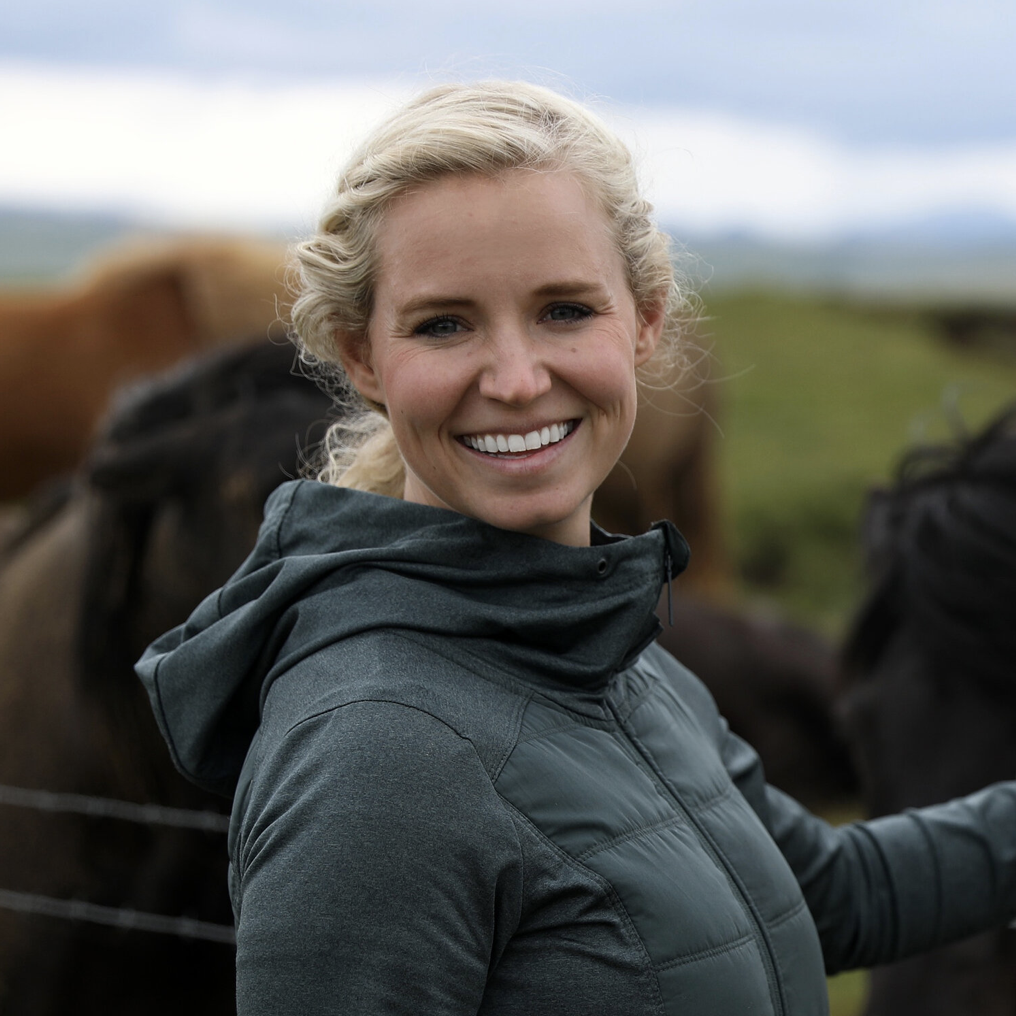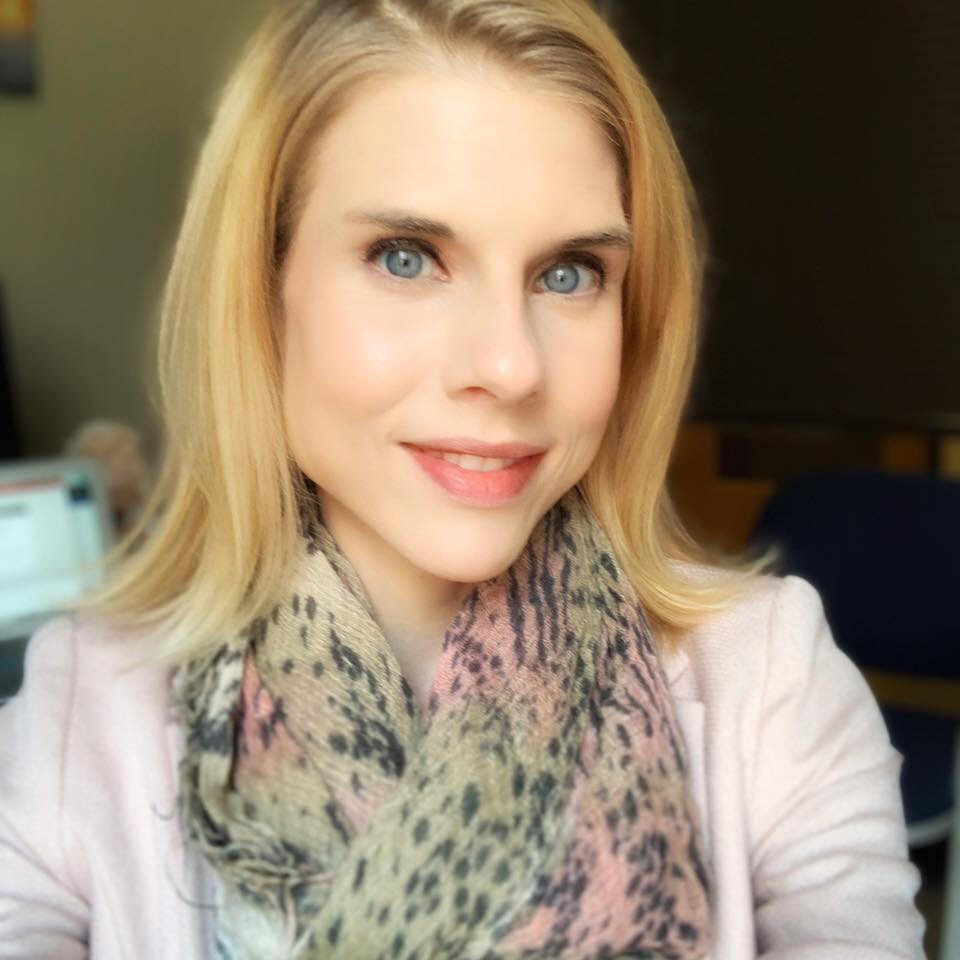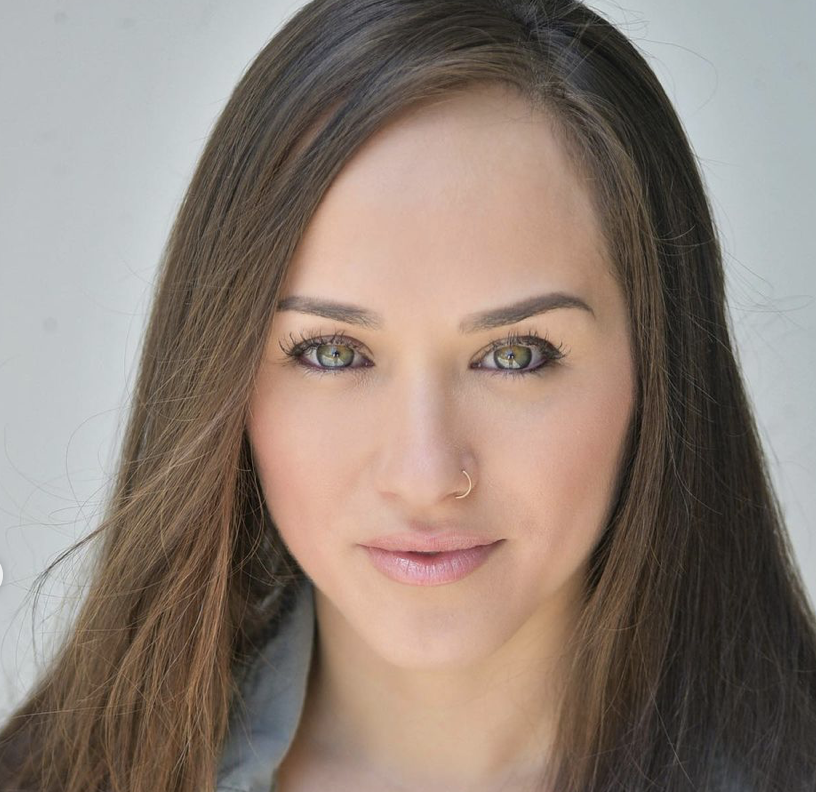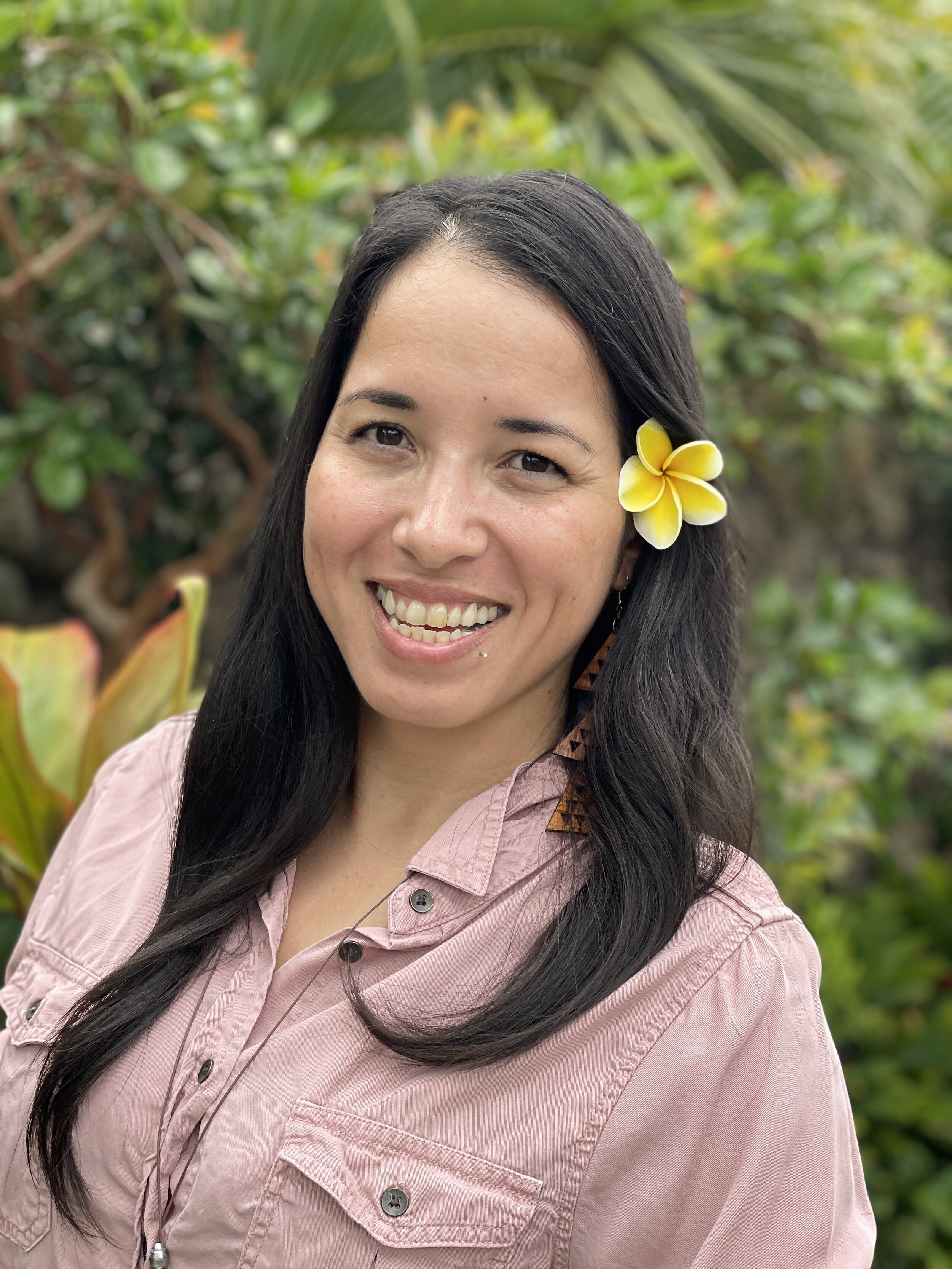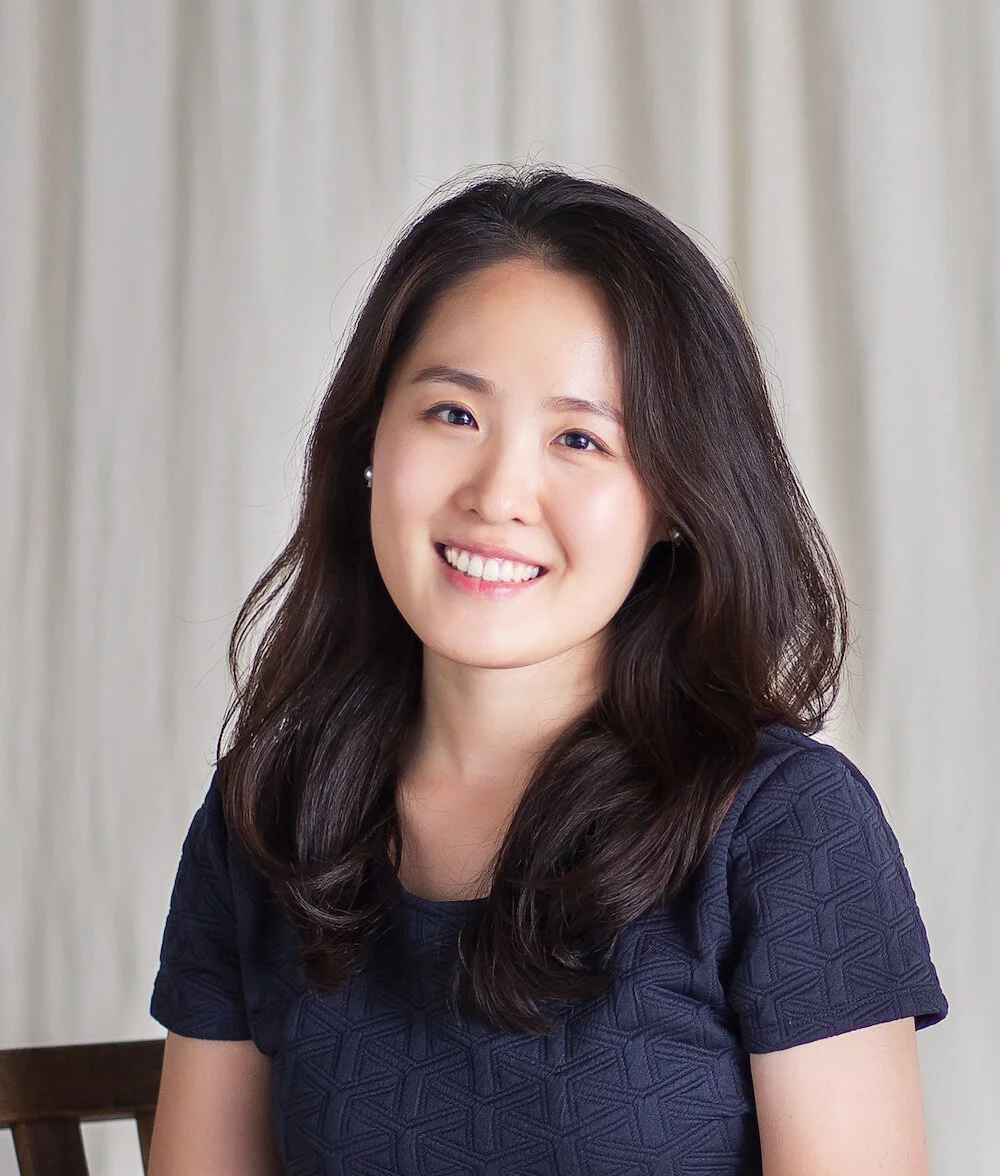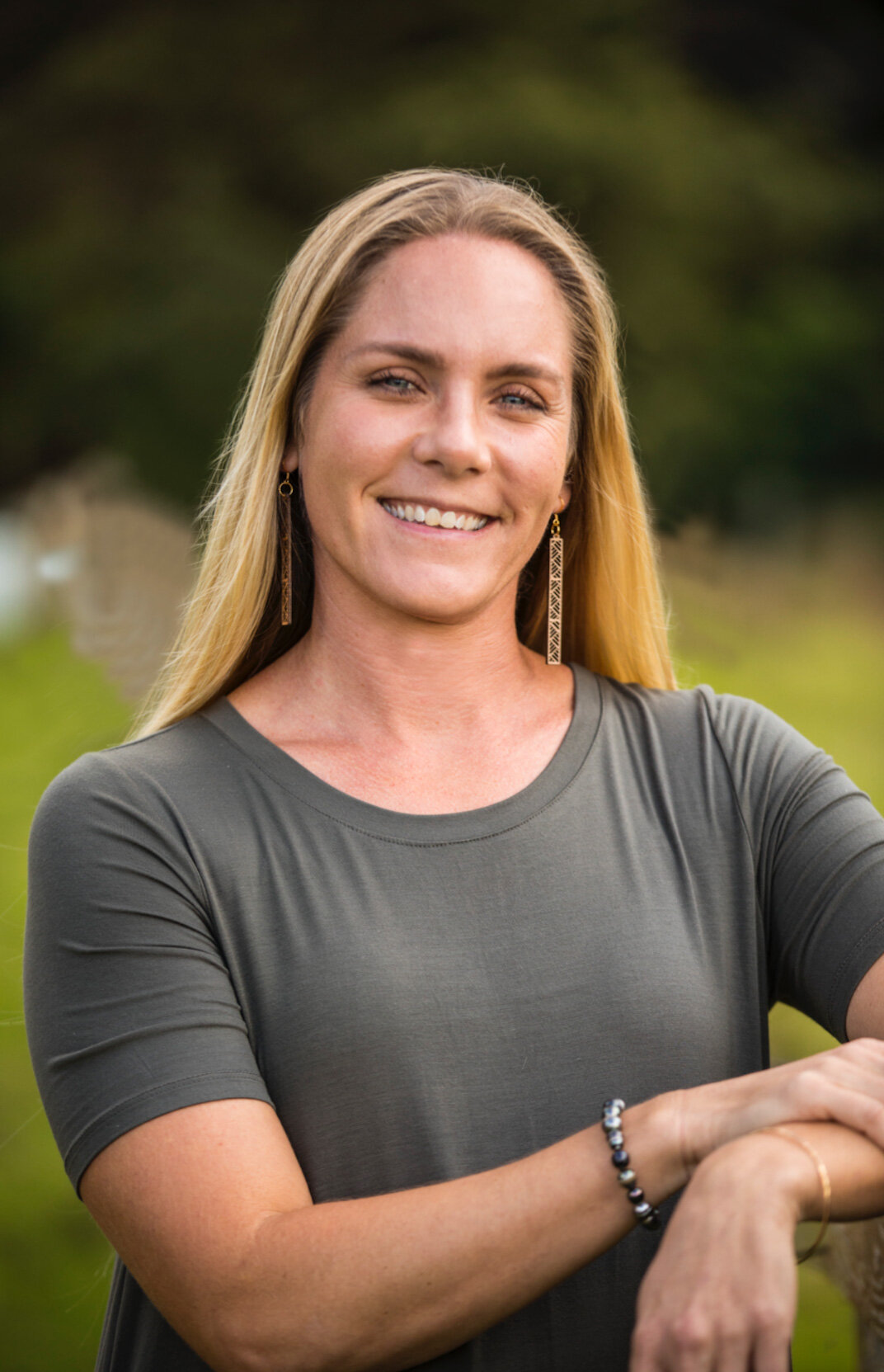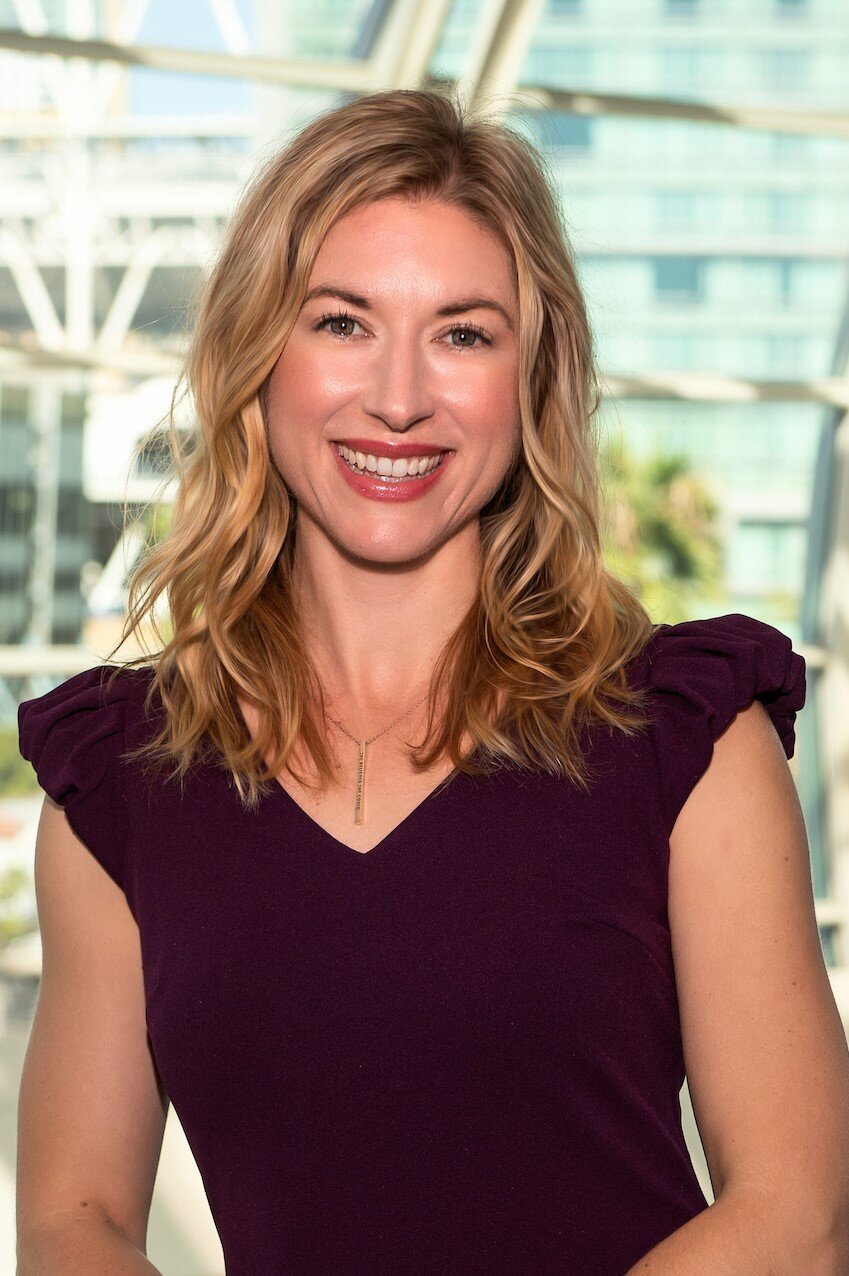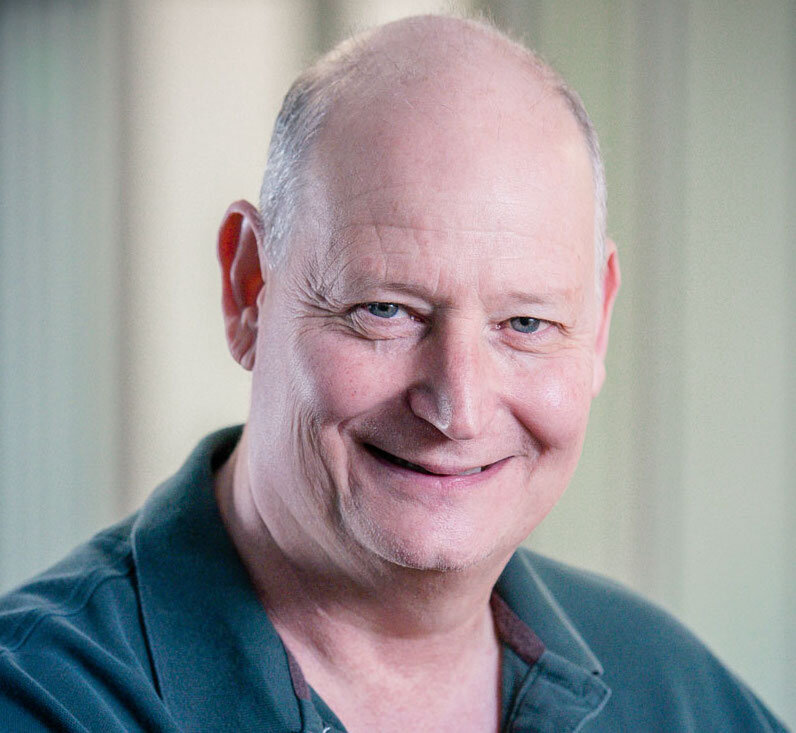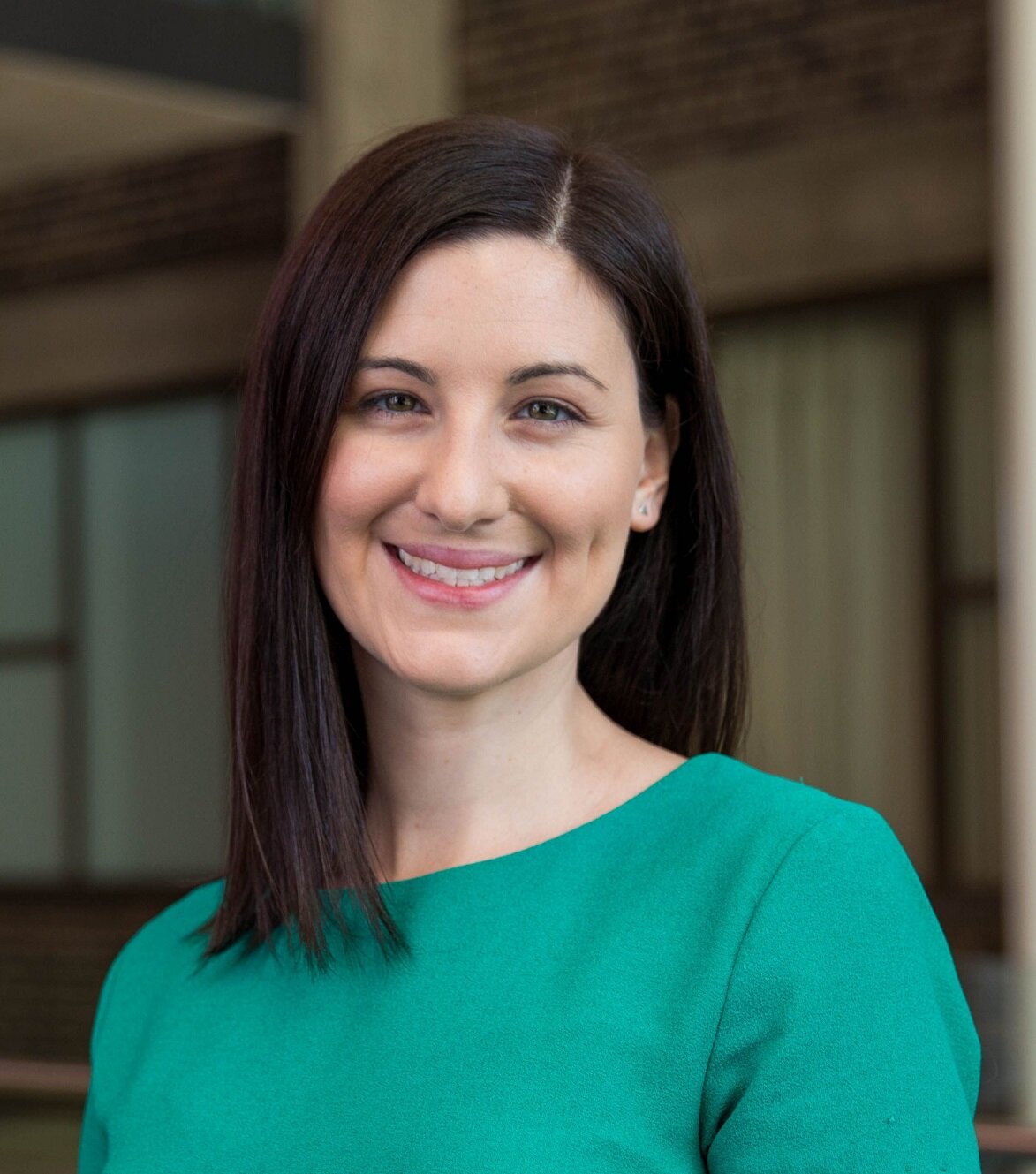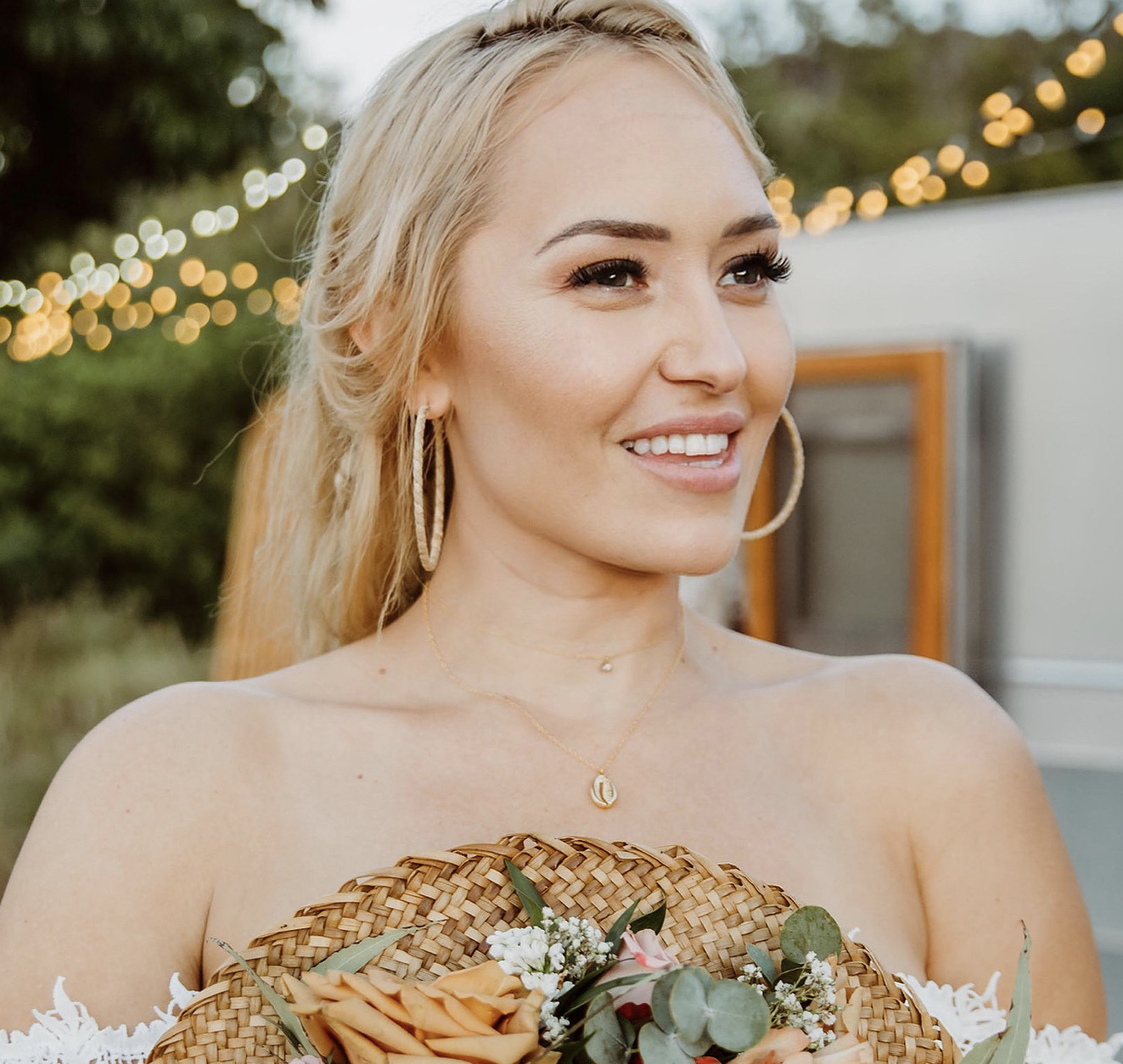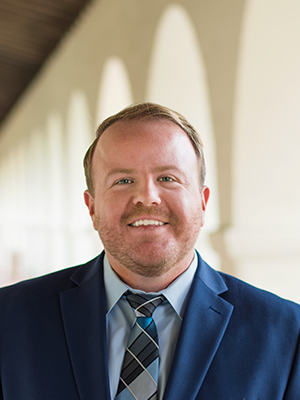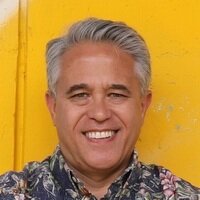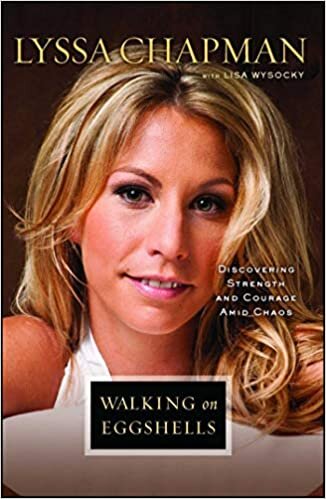Ep. 15: “The harder you try to find love, the more difficult it is,” let’s talk online dating with Lily Diamond, Matthew Martin, & Esme Infante - Part 2
Below you will find the show notes for “Episode 15” of the Communification Podcast.
Mahalo for listening! Welcome to the ‘ohana!
Mahalo to an anonymous donor for donating to the Maui Food Bank as a part of this episode’s pre-roll giveback program!
Main takeaways
Knowing what you want/need simplifies the process.
Misrepresentation happens, and some people might even have a blind spot for their fatal flaw.
Details on a study that is “everything wrong with our society in one place.”
Misrepresenting yourself doesn’t help anyone.
Our personal experiences with the “latency period” have garnered a range of results.
Time codes
GUESTS: Lily Diamond, Matthew Martin, Esme Infante
[05:50] CRAFTING A BIO THAT REFLECTS REALITY AND BECOMES A FILTER OF SORTS
[10:50] DR. HALL STUDY ABOUT PERSONALITY AND STRATEGIC MISREPRESENTATION
[13:50] MATTHEW REFLECTS ON SOCIETY’S IDEALS AND SHARES HIS STORY OF BEING DUPED
[17:50] LET’S TALK LATENCY PERIOD…
Lily Diamond bio
Lily Diamond is a writer, educator, and advocate working to democratize wellness through storytelling, accessible practices for nourishment, and revolutionary acts of self-care in relationship to our earth and human communities. Lily is author of bestselling memoir-cookbook Kale & Caramel: Recipes for Body, Heart, and Table, coauthor of What’s Your Story?: A Journal for Everyday Evolution, and her work has been featured in the New York Times, VICE, Healthyish, Women’s Review of Books, Refinery29, and more. She lives in Maui, Hawai‘i, where she grew up, on occupied native Hawaiian land.
Matthew Martin bio
A teacher and poet, Matthew Martin grew up on Hawaiʻi island in the town of Waimea. He currently teaches high school English on the island of Maui and has just earned a M.Ed from the University of Massachusetts. Matthew is the author of U U O U (Cyberwit, 2020) and One For None (Ink., 2010), and has performed on stages in San Francisco, Oakland, Los Angeles, San Diego, Portland, Boston, New York City, Seoul, and Honolulu. His poems have appeared in Bamboo Ridge, ZYZZYVA, Tinfish, PANK, and Sink Review, among others. Matthew has led writing workshops for the Red Cross and the Hawaii Council for the Humanities and was a 2018-19 W.S. Merwin Creative Teaching Fellow.
Esme Infante bio
Esme M. Infante is a journalist and businesswoman with three decades’ experience in communications spanning radio, TV, print and digital media, and public relations. Before her current gig as the education reporter for The Honolulu Star-Advertiser, she was a newscaster and radio host on the highly rated “The Rise & Drive Morning Show with Devon & Esme” on 94.7 KUMU. Other hats Esme wears at the moment: wedding and special events emcee; Promotions Director for the Islandwide Crafts & Food Expos; farmers market manager; and very busy single mom of two very busy teens.
EPISODE 15: “The harder you try to find love, the more difficult it is,” let’s talk online dating with Lily Diamond, Matthew Martin, & Esme Infante - Part 2
CRAFTING A BIO THAT REFLECTS REALITY AND BECOMES A FILTER OF SORTS
Malika:
Let's head over to Es and talk about this, have you been duped? And also if you want to talk about how you present yourself, do have you ever presented a promise of your future self or ran into that?
Esme:
I think by nature when people create bios on dating sites that you are, I agree with Dr. Hall, that you are trying to present yourself in a certain way and in that is an implicit promise of some kind. I like to actually use my bio, after I got wise to the ways of how much of a jungle it can be out there, I started to create or craft my bio in such a way that, at least in theory, it would become a sort of a filter for people coming in.
I began to get, I realized as I've been listening to all the conversations and to Dr. Hall, that it started to shift from, I'm trying to present myself out there and here's what I am, and I'm trying to be as attractive as possible.
It actually started to shift to here's some basic facts about me. Don't hit me up if you are X, Y, Z. And that too is a kind of, on some level, is a promise.
Let me give you examples, so some of the things that I would say in there is I'm here to find a meaningful relationship. So please, if you are here for a hookup, please... like it came to a point where I would just say that point blank in a bio, please if you are here for a hook up, move on. Nothing to see here. So the last few years have been tumultuous politically and I discovered that there was a whole bunch of people out there who, of course, who did not think kindly on the way that my particular beliefs are.
And I actually went on two separate dates with two separate people where I was bold face insulted where they said, you're stupid for believing that - or I was like, oh my gosh, we can't have a relationship of any kind, even a friendship, if they can't respect my opinions. So for these various reasons, the bio began to evolve into this sort of thing where it was like, I'm so sorry. I believe everybody is entitled to their opinion, but if this is, if you are particularly interested in... I'll just give you some examples. If you are particularly interested in freedom of illicit drugs or if you happen, like things like that, then just... Don't hit me up if you're a flat earther or if you're whatever it was.
And again, God bless. I'm just saying that those aren't my beliefs. So let's not waste each other's time if that's your belief as well. So that was like a weird, now that I'm thinking about it, it was a weird evolution of how I would present myself, was that it would become a filter.
As for whether I actually had misrepresentation happen to me. I think it's probably more common than some people might realize that people would post really much younger photos of themselves and feel like that was cool because it still was a picture of themselves. Just 20 or 30 years younger and then be really shocked to show up there and go, oh no, that's not really what they are like now.
I think I'm a pretty open-minded person, but again, I think it's less about, I want to see what the person really is like, but that immediately sets you up for knowing that person is not going to be straight up with you about everything. And so that kind of misrepresentation is an issue.
Sometimes, I think people misrepresent themselves and almost aren't cognizant of it happening. So I'll give you an example. There was a very nice looking man who was a dad of a bunch of daughters and he posted in his bio, I'm a family guy, I'm really caring. That's one of my strong points, et cetera, et cetera. And after we had, I think it was on our second or third date, I find out and I did a little research myself. There's a restraining order against him. There's that, but also he almost spent probably 99% of the date talking about himself and talking about all the great things that he does.
These are things that you can't know or sense from a bio they're not really trying to misrepresent themselves. I don't think, but how do you say in a bio I'm a narcissist and I'm going to only talk about myself for 99% of the time. There's that there's no truth in advertising.
They would never think to be truthful about something like that, because how would you say something like that on a bio and be totally on the up and feel good about it. So there's so many different ways. There's the intentional catfishing and the intentional misrepresentation. But sometimes there is, I think almost an innocent misrepresentation sometimes people make where they have a blind spot above something that is really like a fatal flaw is what I mean, with themselves. And we all have blind spots. I'm not saying I don't have a blind spot but that's something that I think people just plunging into dating in the beginning and possibly being unaware of how complex and nuanced it can be, might not be aware that can happen.
DR. HALL STUDY ABOUT PERSONALITY AND STRATEGIC MISREPRESENTATION
Malika:
Esme, before we hop over to Matt, that made me think of a study that Dr. Hall did where he examined gender, self-monitoring, the big five personality traits, of which one is narcissism, and demographic characteristics. And they wanted to see how that influenced online daters strategic misrepresentation.
The conscious and intentional misrepresentation of your personal characteristics. And so they surveyed more than 5,000 people. They had seven categories of misrepresentation: assets, personal assets, relationship goals, personal interests, personal attributes, past relationships, weight and age, and the study found that men are more likely to misrepresent their personal assets, their relationship goal, their personal interests, and their personal attributes.
Whereas women were more likely to misrepresent their weight. And it all went back to what's desirable in a partner, right? And so fitness is desirable. Youth is desirable, right? That's why females misrepresented their weight. You had older daters that were more likely to misrepresent their age.
Men were more likely to misrepresent age than women, but women as they got older, were more likely to misrepresent their age. And then with the personality traits, like clearly we know the narcissist, they told more lies. And those that were agreeable, conscientious and open were less likely to misrepresent themselves.
And then they have this other thing called self monitoring and other directed self monitoring. So when you're sensitive to the desires of. And so those people were more likely to also misrepresent because they're trying to attract this partner and they felt the need to be thinking about what the other person thinks rather than what they actually are.
And one good point on this is that if you are desirable, you're less likely to misrepresent. So if you are young and good looking and have personal assets on that list of things, then you're less likely to misrepresent.
Esme:
Totally makes sense.
Lily:
That study is everything wrong with our society in one place. Wow.
Malika:
Yep. I wish everyone could just be truthful. It sounds Es, you got something going on there. Why don't we just say it like it is because you don't want to attract a partner that's only attracted to, even if it's very innocent positivity bias, where you're presenting the best parts of yourself, right? Like you want someone that's going to accept all of you. And so I love that you're putting on your profile, those things. Anyway, let's get to Matt. So patient.
MATTHEW REFLECTS ON SOCIETY’S IDEALS AND SHARES HIS STORY OF BEING DUPED
Matthew:
It's all good. Just really interesting Es that you are putting, no flat earthers, need not apply. Things like that. Going back to how we all should be honest.
Like Malika was just saying there are flat earthers out there for each other. Everyone has a person for themselves or at least a group of people, clan that we belong to. So I think it'll be better, there'll be less problems for everyone in the online dating world if everyone stopped misrepresenting themselves, we can all find what we're looking for more quickly. But I guess fear the fear of not subscribing to what society tells us is important. Lily was saying.
What is idealized by our society, the fear of not fitting those, checking those boxes or fitting into that container is a real thing. It's a wild place out there.
As far as being duped, I had a really, I was very surprised for a number of reasons. One, I was approached on an app by a woman who I felt was out of my league from a physical attractiveness standpoint. And we were chatting a little bit and she was asking me what I did for a living and told her I was a teacher.
And she said, wow, that's a great job. And I said I think you're talking about money. So I don't think it's that great of a job, but it's, I love my job. And then the next question was, do you need someone to hang out with tonight? And I said it's late. And then I asked her what she did.
And she said she was a “professional comfort specialist” and...
Malika:
oh my gosh.
Matthew:
Oh my goodness. I am being solicited right now. And that was real. I did not see that coming. And that's on Maui in Makawao town. So that was really shocking and I tried to end the interaction convincing her to be careful and to maybe try to do something else.
So that was bizarre.
Other than that, I haven't really had any instances of misrepresentation or being duped, but as far as my own representation on dating apps when I had them going, I tried to be as honest and open as possible and as vulnerable as possible too, which maybe is not what the typical straight man is putting out there. I think, there's this idea that straight men should be macho and it should be a provider from like a physical protector standpoint and whatnot.
Again, I don't think that there's any benefit in misrepresenting yourself. Not only because you won't be, you'll be letting someone down, but also you won't be attracting people that you really probably should be with.
So this one dating app, it was very helpful that they were able to curate. They had a list of questions. I think 50 questions you could choose from and you could answer them. One of the questions was what is the biggest risk you've taken? And I just said straight up “leaving a 12 year relationship,” so I just wanted to put that out there and really show people who I was, because there's nothing worse than wasting your time in online dating because as Dr. Hall has said, and we've all touched on, it is a lot of work. So you want it to be fruitful and worth your effort and your time.
Malika:
Matthew is an outlier. I think it, yes. Raise your hands if you agree. Oh my goodness.
Lily:
This is going back to that, like the gaping hole of like straight men's profiles where there's just like nothing there or I see a lot of just "be chill, positive vibes only." What is that? It's 2021 - did you not live through the past 10 years? What is going on? There's a lot of that kind of signaling from straight men. So appreciate the vulnerability, Matthew.
Esme:
Yes. Keep it up. Keep it up. Good work.
Malika:
He's now off of the apps and… hopefully, right?
Matthew:
Hundred percent off.
Malika:
Hopefully you're not going to get back on.
Matthew:
I hope not.
LET’S TALK LATENCY PERIOD…
Malika:
We will send all of that aloha out to you and your new relationship. I wanted to talk about the latency period. So when I'm listening to you, Lily and Matthew, talking about dating online during COVID. And then also talking about how you do go straight to the face-to-face because you understand how important that is.
Dr. Hall touched upon that, that it's good to start that relationship online, but let's move to face-to-face pretty quickly in order to not have this idealization process take over. So I'm wondering if during the pandemic, when you were forced into this longer latency period. Did that impact you in any way when it came to the idealization process? I didn't use an online dating app. I mentioned this in the Dr. Hall episode, but I was interested in this guy, and we were both on My space. This just already dates it a lot. And he was just really handsome to me, and we started talking online. We talked online for a really long time before I met him in person.
And when I met him in person, I was absolutely disappointed. I had just idealized him so much in my mind. Yeah. I'm just curious to throw that out to you guys.
Lily:
The experience that comes to mind, actually so I was in two different relationships through the pandemic up to now, when I'm in none, no relationships, but the first one we met on Bumble and it was very early on. It was mid April. We moved pretty quickly and so because of that, there actually wasn't a super long wait and see period. And I think in part, I think there would have been if it had been deeper into the pandemic and also, pre vaccine, but it was like we were a month in. It was that total wild west feeling of nobody knows what is happening at all.
And so I remember looking at each other, when we were trying to decide if we were going to kiss or not, because it felt like if we kiss, are we married now? This is so weird. Normally if you're thinking about kissing somebody for the first time, it does not mean that suddenly you're not going to be going out with other people or kissing, it could. It could for sure. But often it doesn't, and suddenly it like took on this crazy other level of meaning because, especially for me, I see my father who is in his eighties, on a regular basis. And so again, being in that very early period of the pandemic, it was very scary.
Malika:
That intimacy, right? Right Lily? You had to have this level of trust that if that kiss happened, the intimacy would skyrocket and the trust level would skyrocket immediately.
Lily:
Yeah. So that was very strange and very difficult for so many reasons. But honestly, in terms of a latency period, the more recent experience that I had in relationship was with somebody who I had not met online, we had been set up by mutual friends and then reconnected during the pandemic.
We did not live in the same place. And we had about a two month latency period where even though we had previously dated in person and it hadn't worked out, there was already... We had met before, there was some familiarity, but we did not know each other well. And we also had been completely out of touch for three years.
So there was this sense of meeting again for the first time. And because we were in different places, there was this very long equally intense latency period of a different kind, where we were zooming for three or four hours at a time where we were really having these very protracted, long distance interactions.
And there was part of that, that was really wonderful. And there was another part of it, many other parts of it including the aspect of having this latency period, that builds all kinds of expectation. When we first saw each other in person for the first time, since the break and since having this like buildup, we were both so terrified.
Terrified because we both knew that we had created this massive expectation of each other and the kind of emotional intimacy that we had built over those two months, where in some ways I actually felt like often it is difficult to build a friendship with somebody before entering into a romantic relationship, especially if there's attraction there.
And it was actually a real gift for me, even though now on the flip side of it, it has been very hard coming out of the relationship, but that I felt like we were able to build a friendship. And that was really, that was a wonderful thing. A mix.
Malika:
Matt, how about you? Did you experience any of that during COVID like a latency period or were you just comfortable to let's meet face to face?
Matthew:
Yeah I've had a number of experiences and I think thinking about this question one of my takeaways is that the latency period it's interwoven between all the different people you're talking to and when you talk to them and when you meet them chronologically, and so you might meet someone and have a connection with them, but then meet someone else and then that person might take more of your time. And then this other person you're not interacting with them as much. And then who knows what happens, then the third or fourth person can be added. And so it's this very messy dance that you need to manage. And it can be difficult at times, but I would say from my own experience, I think we all have a sweet spot too.
And we have to trust our na'au (gut) and know where and when it is the right time to meet with someone.
But, I guess the three examples that come to mind are I met these three women around the same time within about a week of each other. And one woman, we had so much in common and we would have these long conversations over on the app itself. We didn't even move to telephone texting. It was just on the app. And we didn't meet for almost a month.
And I think that latency period, it was not. Yeah, it wasn't advantageous to our connection. I think there was too much buildup and yeah, I just didn't feel a connection with her in real life and nothing to do with physical attractiveness.
I knew exactly what she looked like and whatnot. But again, we can weave different narratives based on the context of our communication talking in person versus video chat on the phone, texting, there's different personas we can build up.
And then another woman, we had pretty much the opposite experience. We video chatted on the first night, and that was very exciting. And we met for a date within a few days, so that just because of how quickly we were able to meet each other and what that kind of signifies as far as potential interests, that builds up a lot of excitement. However, it became apparent pretty quickly that we weren't a good match. So that was interesting.
But then with the woman that I'm currently dating, it took us about a week to two weeks to meet. And I think that was like a nice sweet spot. We're all busy people and we have our own lives. So for me, it was nice to chat maybe once a day or every other day and then make a plan, and then we met and then the rest so far has been history in the past few months. So yeah, I think that latency period can be harmful, it can be helpful, but I think we all have our own sweet spot as to when it's right to meet that person. But it is very bizarre in the pandemic to be doing this because we are desperate at times for that human connection.
Even to just share space with another person and to be in the same room with someone. So I think it's very important and necessary to keep that in mind as we all move through the online dating world and think about when is the right time to meet with someone.
Malika:
Thank you so much for that perspective, Matthew, I love that, that there is a sweet spot. There's a sweet spot somewhere. It might not be exactly the same for everyone, but research does show that moving to the face-to-face sooner rather than later, does help to reduce that idealization process. So on that note to button up our time here, the research-based strategies that were shared by Dr. Hall were don't spend too much time online before meeting a person you're interested in, reduce that latency period, or you can move to video chat, take your time when you're evaluating the profiles, be honest and open, avoid being coy and playing games. Know that online dating is work, make sure to fact check those profiles, and finally be kind.
So to wrap up our time, is there anything important to this discussion that we haven't had a chance to talk about or something you'd like to share as we round out our time here? Why don't we start with you Es?
Esme:
Before we wrap completely, I just wanted to add something to that whole issue about the latency period.
Just a little anecdote about how sometimes letting the latency period go on for an extended period of time, you can end up with an outcome different from what you expected, but it can be delightful as well.
So real quickly, what happened was there's a really nice looking gentlemen, who we have a bunch of friends in common, so they introduced us. He reached out to me and we started this correspondence. I'm not joking. We became very serious pen pals. And I used to think for a while, how come he doesn't ask me out? It's so strange. Why doesn't he ask me out? What is happening here? But we carried on a correspondence like over a half a year, I think, and there were points at which I thought he knows me as well at this point, as family. It's not like I was revealing like very intimate details, but just through the day to day of our lives and what was happening. And interestingly finally, after about half a year, he did say, oh, we should meet for lunch.
And we did. And it was pretty clear, I think, to both of us that we weren't going to be a thing, but we continue to stay in touch to this day. I ended up with like one of my dearest friends which wasn't what I expected in the beginning. But the interesting thing with a latency period going on that long, where we were just talking online, if you happen to be a word person that can really work to your advantage in a latency period where you're just communicating online if you meet someone who is a word person, as well as he was, we really communicated amazingly. And that went on for a really long time. And still continues on some level today just in a friendly way. But I think you can't discount the value of that. That sometimes a long latency period can end up with a different destination from where you thought it was going, but end up with a really valuable relationship in the end.
You can actually, I think through writing, sometimes you can end up having a different kind of a heart connection and reveal things about yourself and like your spirit when you're not seeing each other face to face. I knew in the back of my head that he was a nice looking guy, but I, after a while, I almost never thought about that anymore because we were purely communicating through words and just talking about what was important to us, heart to heart. And that was that it was just, it was a really beautiful thing. So it's so odd. It was, it wouldn't be possible, but for the online experience. So that was one thing.
Generally speaking with Dr. Hall's research, I did. I agree with almost everything that he has said. And I would also agree about the honesty thing.
The honesty and the thoroughness, I think a lot of people shoot themselves in the foot for the short term, either putting out something that is dishonest outright, or maybe just accidentally innocently, not representative of themselves, not realizing that it's shooting themselves in the foot for finding longer-term relationships.
So as honest as you can be, and as thorough as you can be in presenting yourself, I think it works to your advantage.
Malika:
Esme going back to that soul connection that you had with that man who is now a really great friend, if you already decided that it wasn't going to be a romantic relationship, that also opens you up to being that much more open with your self-disclosure and there are less expectations, right?
So when you're meeting in person, you're not expecting a spark or romantic relationship to take place. So it removed that part of it. You clearly built a relationship with all of that wonderful self-disclosure and it didn't end up being a romantic relationship, but hey, we all need that connection. And so I'm happy that you were able to find such great friend.
Esme:
Absolutely. When we see, we've bumped into each other a few times around town cause we have all these friends in common and even though, and again, interestingly through the digital technology that we feel so close to each other as friends that we'll run to each other.
Oh my gosh. Like we feel that close and intimately friendly with each other. So yeah, that can totally happen.
Malika:
Yeah, it's actually, in my next episode, it's also with Dr. Hall, cause he's an expert in relationship creation and maintenance online. So that's all types of relationships, right? Friendships, family relationships, and everything. Those of you interested in that topic, make sure you listen to the podcast. Let's go to Lily...
Lily:
I am all continually bowled over by this sort of tender humanity of this process. And I think, yeah, there are a lot of people out there who maybe don't have great intentions with it, but I also think there are just a lot of people that want love and that aren't great fits for each other.
There's something that, I'm just thinking about the immensity of all of just the volume of people out there who are like searching for that connection. Myself included. I think it's just, it's hard. And I want to acknowledge that. I think it's easy to talk about and we all have friends who have, met their long-term partners or even gotten married off of a dating app.
And I just want to, as one of those people myself, acknowledge the folks out there who have not had that experience. And it's exhausting. And it's really, it can be so depleting and it can be really disheartening. And I just want to acknowledge that and say I see you. I am you. I understand.
Esme:
Thank you.
Lily:
Yeah, it's really rough.
Malika:
I'm sure those that are interested in this podcast that are listening, that a lot of them are appreciating that sentiment from you and do feel less alone from listening to all of our shares here. So why don't we round it out with Matt, who did find love, and gives all of our online daters hope...
Matthew:
oh, thanks. I definitely really connect with what Lily was just saying, and I think we need to be kind to ourselves. Dr. Hall said it was really important to be kind in our interactions with online dating, but I think it's important to remember that, especially during this time we need to show grace to ourselves.
It's such a bizarre process of online dating. I know I can become a little compulsive with things I've become interested in, including online dating. I was just on the app constantly. And I think it's really important to, instead of becoming consumed by this process of online dating, to take that part of that time, at least, and invest in ourselves, become who we want to be, learn to play that instrument or bake or whatever it is that you want to do and become attractive as an entire person as a whole person.
While we're spending the time on ourselves, people will come to us. I think is it's very, I find it in my own life, and with friends I've talked to the harder that you try to find love, the more difficult it is.
And I think also just it's really important to be open to the unexpected. For instance, my partner is not the kind of person that I thought I was looking for as far as common interests and things like that, but I just feel so lucky to have met her. So I think it's just really important to be open and to be kind to ourselves and to treat ourselves with grace.
Malika:
I love that. And don't just make the promise, live up to the promise. I like that one.
Matthew:
Yeah, absolutely.
Malika:
Thank you, all three of you, for being so open and sharing like this, I believe it's the key to connection and more understanding and better relationships and better communication, which ultimately leads us to lead better lives. And that's the goal, so I appreciate you all.
Thank you so much.
Esme:
Thank you, Malika. You're so awesome. Really appreciate that. Thanks for the chance to express.
Matthew:
Thanks for holding space for us all.
Part 1 of this conversation in in Episode 14 of the podcast!
References
Dr. Jeffrey Hall’s Google Scholar page
Art Ramirez Google Scholar page
Erin Sumner Google Scholar page
Liesel Sharabi Google Scholar page
Sara Konrath Google Scholar page


